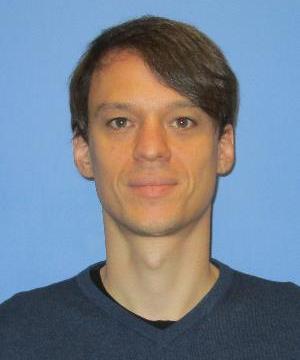
In this talk we present a general framework for sparse optimization problems, where an unknown number of location points have to be selected from a continuous domain together with corresponding coefficient vectors. These problems arise in a number of applications, such as inverse point source location and the optimal design of sensors, which we discuss in detail.
Mathematically, this leads to an optimization problem over a space of vector valued measures. Although these problems are very challenging, since they are infinite dimensional, they can be solved approximately using conditional gradient methods. In general, only a slow sub-linear convergence rate is obtained for these approaches, which is also observed in practice. Moreover, they are affected by undesirable clustering effects, which lead to a loss of sparsity of the iterates. To improve efficiency, we implement acceleration strategies and fully resolve the finite dimensional sub-problems. This drastically improves the quality of the computed solutions. For the first time, we also show an improved analysis of the resulting procedure: A locally linear convergence holds not only for the quality criterion, but also for the location points and coefficients. We illustrate these results in the context of the aforementioned applications.
Biography: Konstantin Pieper obtained his PhD in 2015 at the Technical University of Munich, where he was working with Boris Vexler on discretization and optimization methods for sparse control problems. Since 2016, has been working as a postdoctoral researcher, together with Max Gunzburger, at the Florida State University, and is currently a visiting researcher at the University of Colorado-Boulder. His research focuses, on the one hand, on the efficient time discretization of global ocean models, and, on the other hand, on the numerical solution and discretization of large scale optimization problems arising in control, inference, and data analysis applications. He is motivated by complex but structured or model-based tasks and the design and analysis of structure preserving algorithmic solution methods that allow for rigorous analysis and error guarantees.
Last Updated: May 28, 2020 - 4:06 pm